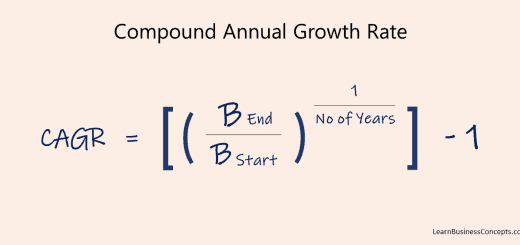Democracy – Definition, Characteristics, Types, Examples
Definition of Democracy
Democracy is known as “rules imposed by the people”, which emphasizes the power of the common public to exert political control with functions of the elected government.
The common global representation of democracy is where the state/government-based control which selected either directly or through elected representatives. This concept provides the power to the people to exercise political control by providing their electoral votes to ensure the protection of natural rights and civil liberties.
Democracy focus on everyone in society should be treated in an equal manner. The democratic term is focused on the forms such as freedom of speech, fair elections, and protection of human rights.
Characteristics of Democracy
1. Freedom of Expression
Democracy includes freedom of speech, freedom of a peaceful community gathering, and freedom to enjoy life. The underlying principles of democracy align with these aspects which protects the freedom of the citizens of the nation.
2. Constitution with Proper Justice
The constitution is the basic principles and laws of a country consisting of the powers and duties of the government and guarantees human rights.
3. Fair Elections
In the democratic environment, the common public can choose their representatives for the government/state through voting or elections. The government of every democratic country obtains governmental power from the people’s voting.
4. Protect Individual Rights
The primary objective of democracy is to protect the human rights of every citizen in the country. These rights include equality, freedom to choose religion, freedom to participate in events, etc.
5. Organized Opposition Party
A democratic environment has an organized opposition party that expresses its ideas on the elected official performance. The opposition party is there to ensure the elected officials doing the right things and to consist for the next election.
6. Presidency Given to the Rule of Law
Democracy provides priority to the rule of law to ensure the fundamental rights of people have been met. Rule of law helps protect citizens and arrange a fair legal process.
Types of Democracy
The main Types of Democracy are Participatory Democracy, Elite Democracy, and Pluralist Democracy. Following are the explanation of each of these,
1. Participatory Democracy
Participatory democracy is when the common public has the power to decide directly on policy. The politicians are responsible for implementing those decided policies. This consists of a wide-scale involvement in the political decision-making process.
This concept does not trust the vote of the mass common public to elect government representatives, which will make the political decisions.
2. Elite Democracy
Elite democracy is based on the concept that providing the democratic process to the common public and electing the wrong representatives could lead to poor decision-making in politics and an unbalanced society.
Elite democracy consists of the view that uneducated citizens may lack the political know-how needed to elect the correct people. As an example, in the late 17th century in the United States, state legislatures regulated voting practices and only the landholding white men were eligible to vote.
The rationale for this concept is that certain education levels are needed to make important political decisions. Leaving this vote to the common public, of which a large portion is less educated, will lead to various problems in the country.
3. Pluralist Democracy
Pluralist democracy is when government decisions are influenced by social groups with various perspectives. These social groups can affect the government by bringing voters together into more powerful units.
Sub Types of Democracy is Direct Democracy & Indirect Democracy. Following are the explanation of these,
4. Direct Democracy (Pure Democracy)
A direct democracy (pure democracy), in which the common public makes decisions about laws and policies with their vote. Elected representatives are not present to make decisions on their behalf. The common public decides on policies without elected representatives acting as proxies.
5. Indirect Democracy (Representative Democracy)
An indirect democracy (representative democracy) is in which elected officials vote and make decisions on behalf of the common public. The majority of the countries in the world have implemented this type of democracy. A classical example occurs the election cycle in the United States, where the US citizens can decide which candidate represents the government.
Examples of Democracy
Democracy followed by the below countries in the world,
- United States of America
- Canada
- Switzerland
- Finland
- Sweden
- New Zealand
- Norway
- Iceland
- Denmark
- Australia
Read More:
Read More:


